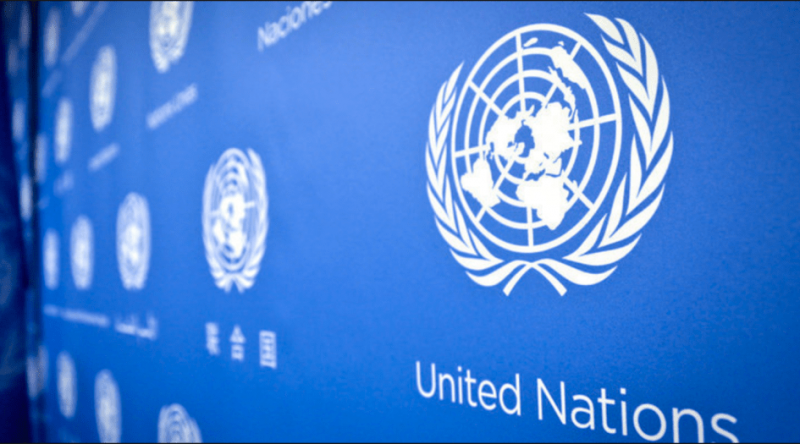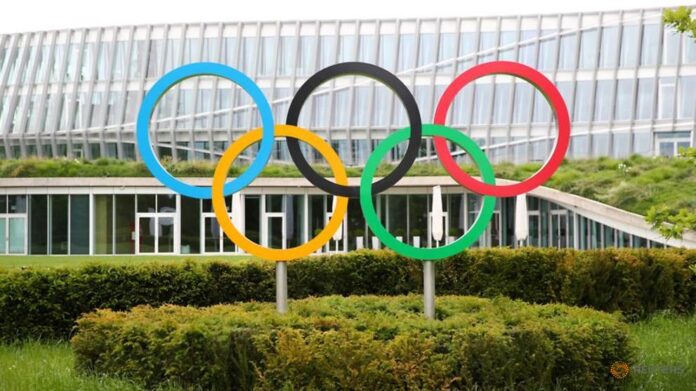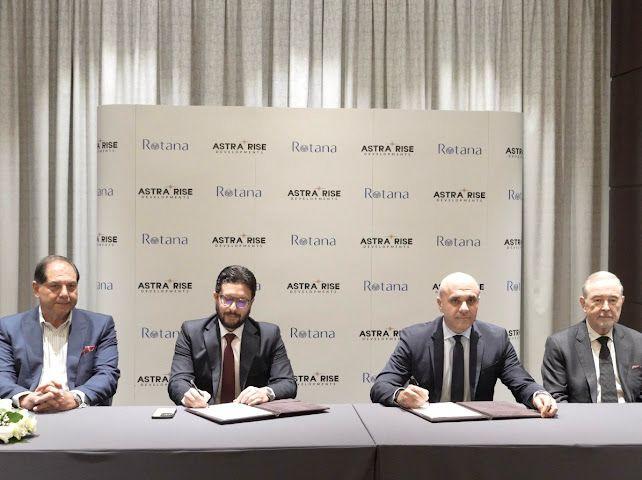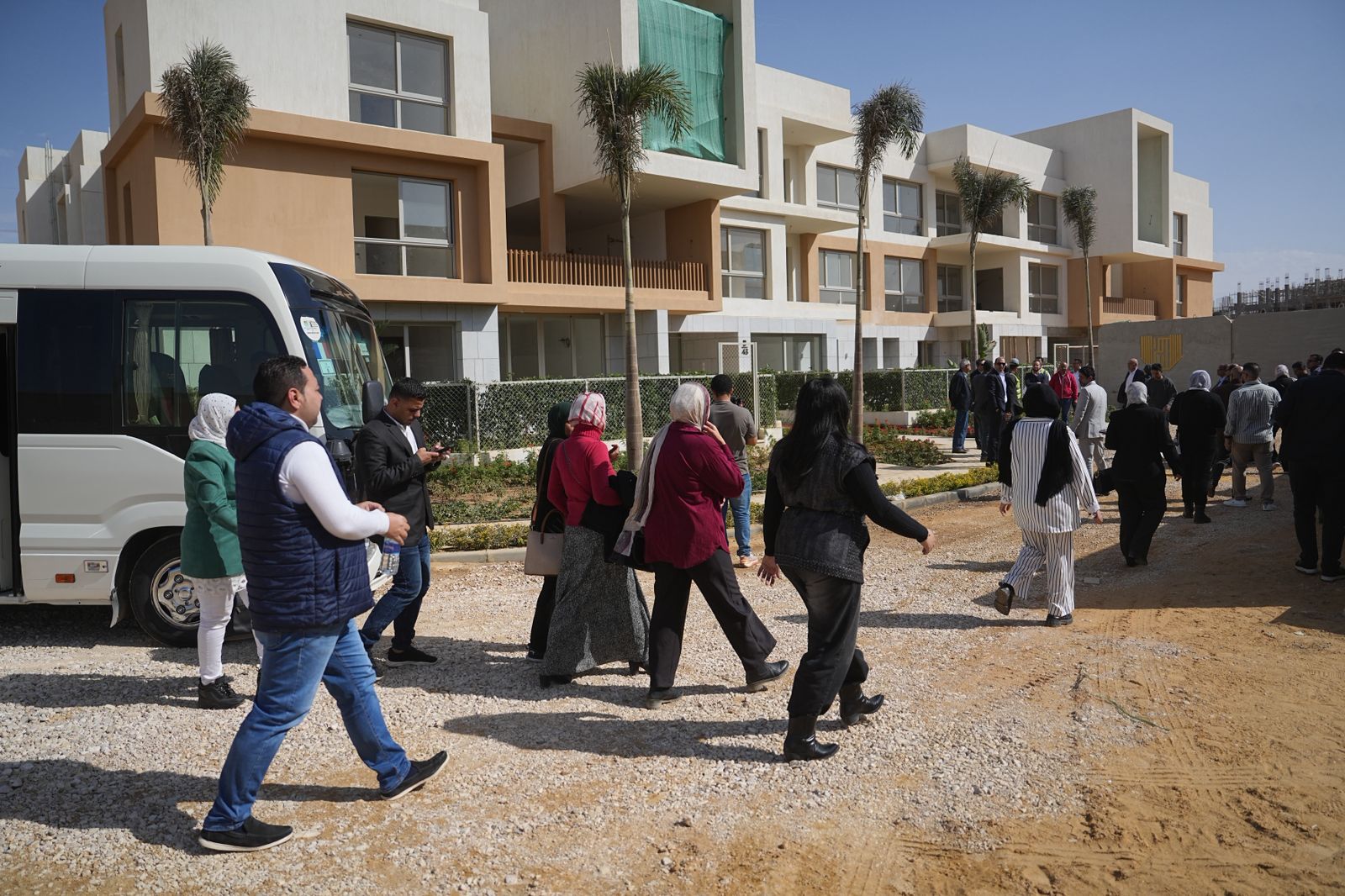Dubai- Masaader News
All eyes are on the United Nations ahead of US Secretary of State Mike Pompeo’s visit to submit an official complaint and request the reimposition of all UN sanctions on Iran, according to Alarabiya.
Iran and Russia have already criticized the US move, with Tehran’s foreign minister threatening consequences if it goes through and Russia considering Washington’s move “non-existent.”
China has already expressed stiff opposition to any extension of the Iran arms embargo. A vote at the Security Council last week on a US resolution to extend the embargo was rejected by a strong majority, with only the Dominican Republic voted for the extension alongside the US.
“We will not take it as snapback,” Russian UN Ambassador Vassily Nebenzia told reporters Thursday.
“He’s not triggering a snapback. Snapback can be triggered by a country that is a participant of the JCPOA, which the US is not,” he said, referring to Pompeo’s expected announcement and the Iran nuclear deal by its formal name, the Joint Comprehensive Plan of Action (JCPOA).
The US pulled out of the deal in 2018 under President Donald Trump was elected.
Pompeo is set to head to New York later Thursday and meet with UNSC President Dian Triansyah Djani before meeting UN Secretary-General Antonio Guterres.
The US diplomat is then scheduled to hold a news conference after formally submitting the snapback request.
Snapback aims to restore all international sanctions against Iran that were lifted as part of the 2015 nuclear agreement with Tehran in exchange for it agreeing not to develop nuclear weapons.
But it also threatens to torpedo that historic deal, which Britain, France and Germany — along with Russia and China — are trying to save.
A Security Council resolution ratifying the accord, which was negotiated by former president Barack Obama, says participating states can unilaterally reinstall sanctions if Iran has failed to significantly comply with the accord.
The snapback procedure is supposed to lead to the re-establishment of sanctions after 30 days, without the possibility of any members, namely Russia and China, wielding their vetoes.
European countries on the Security Council say the US gave up their right as a participant when Trump pulled out of the deal in May 2018 and reimposed American sanctions as part of his “maximum pressure” campaign against the Iranian regime.











